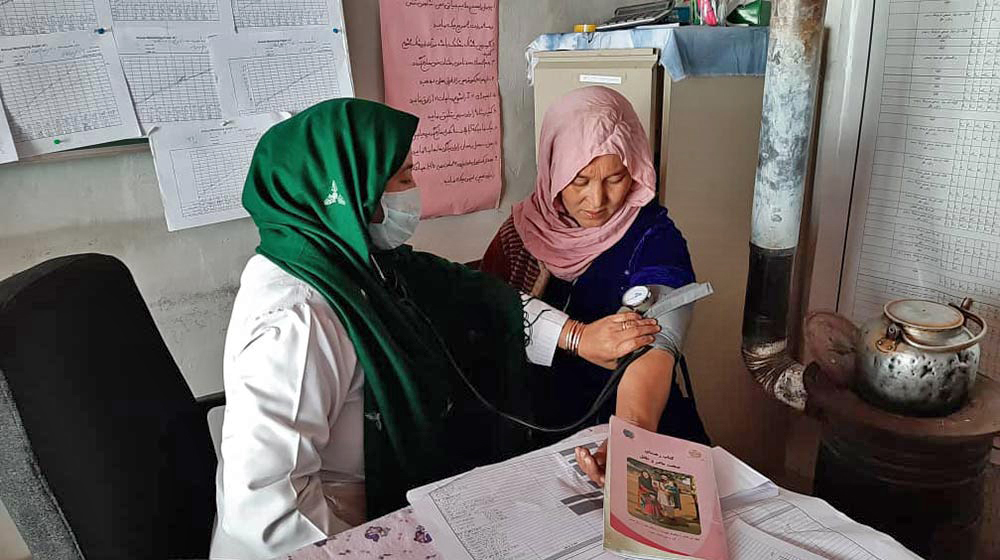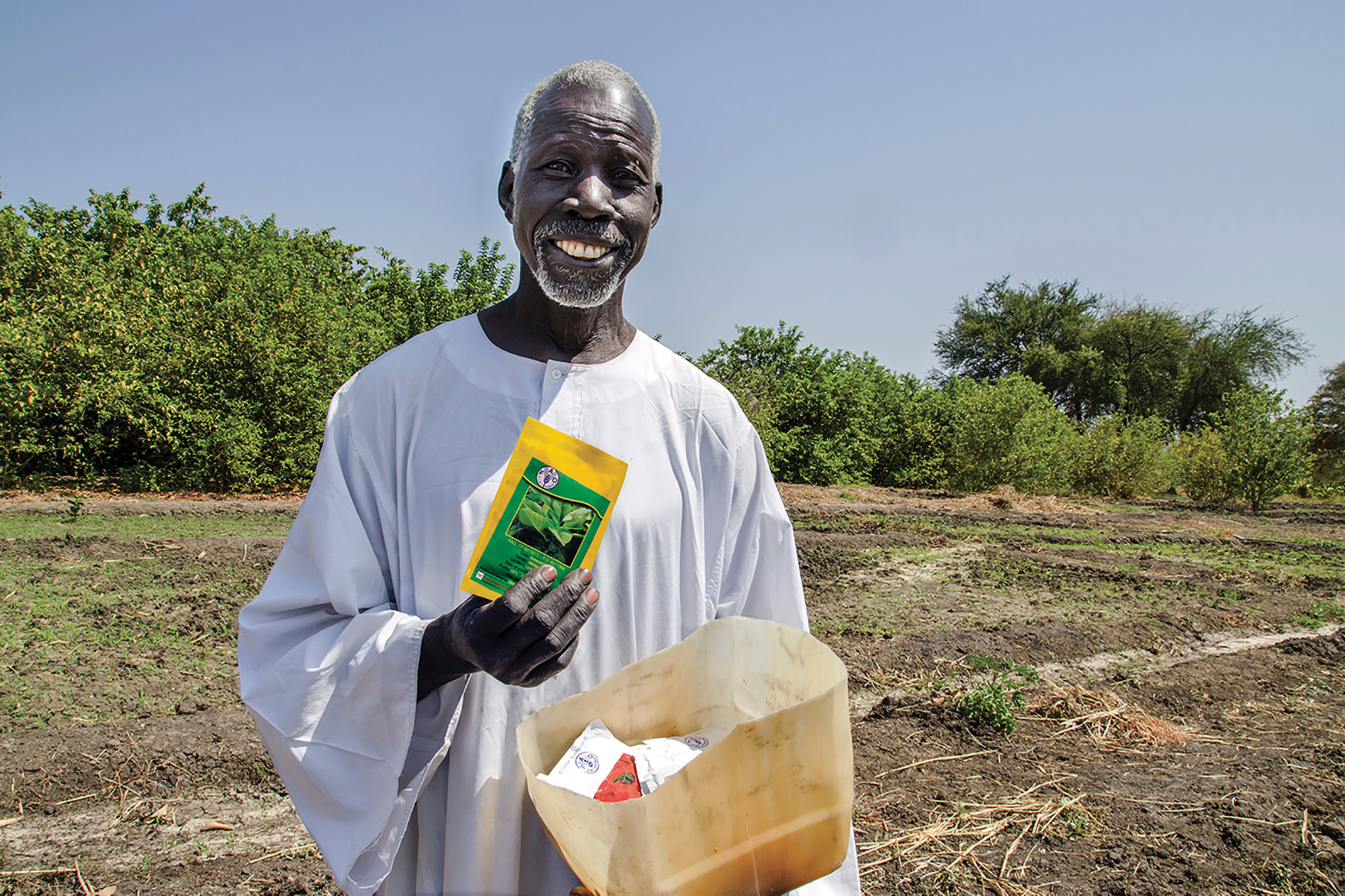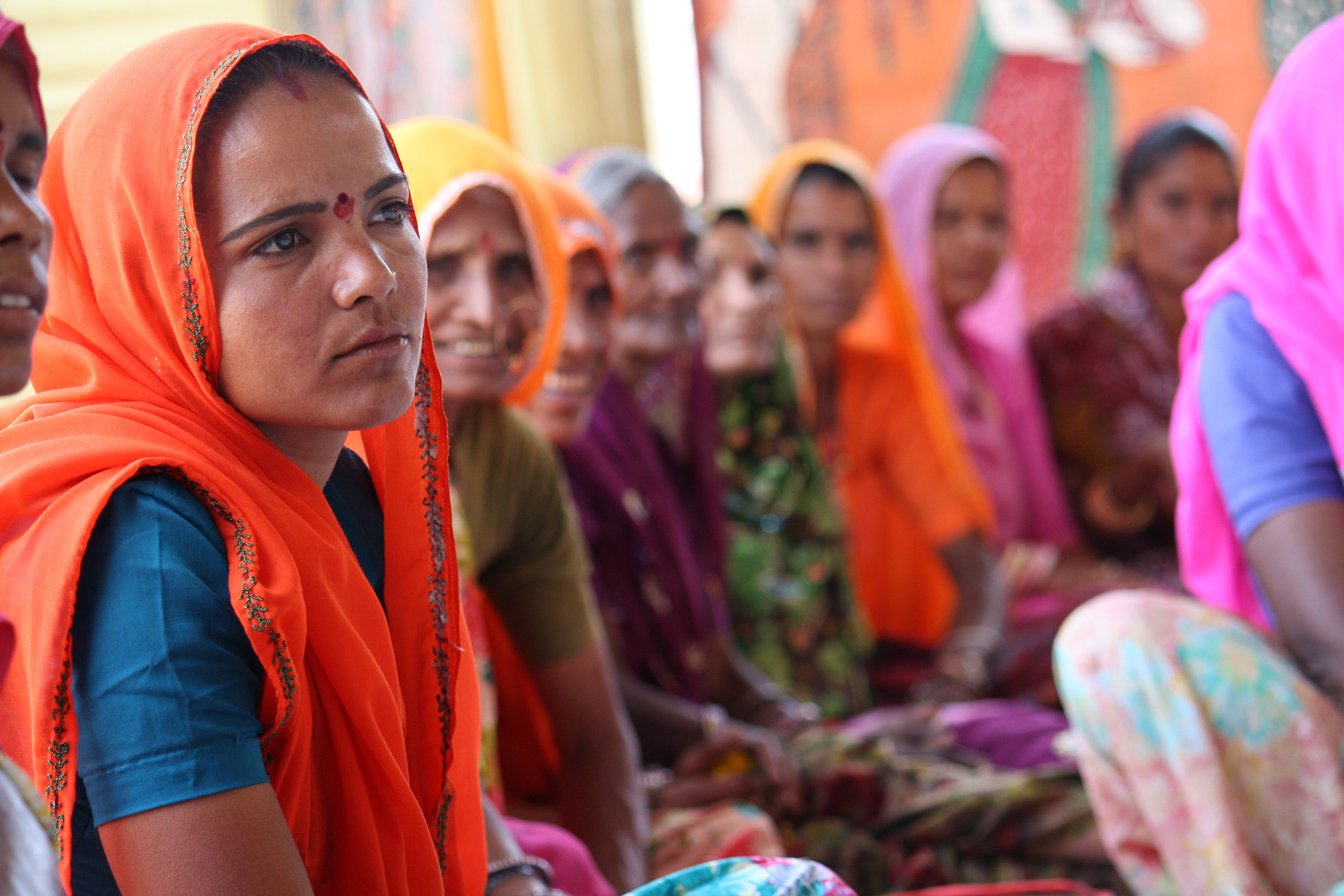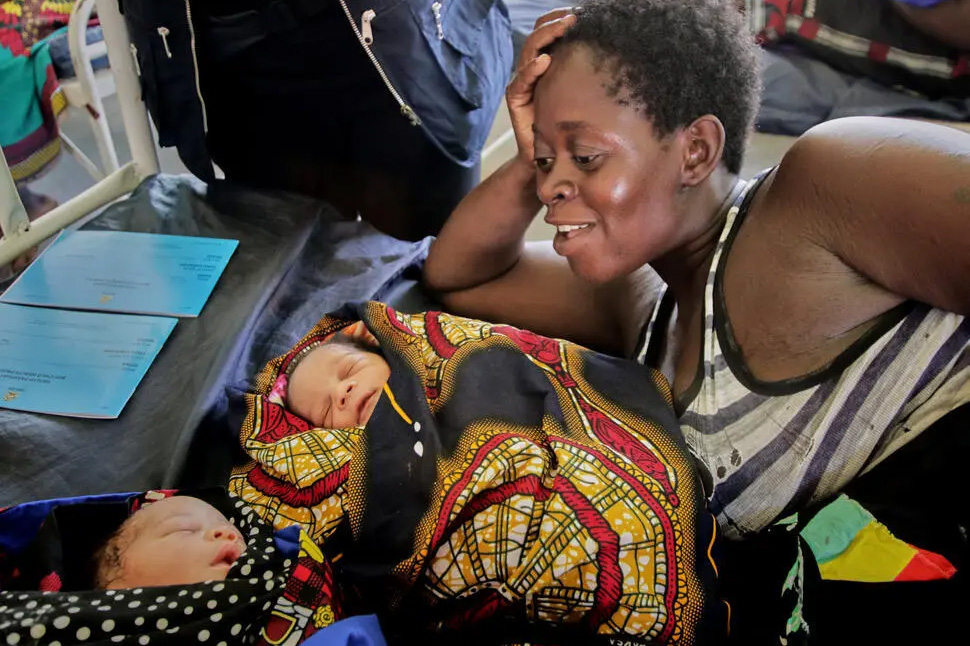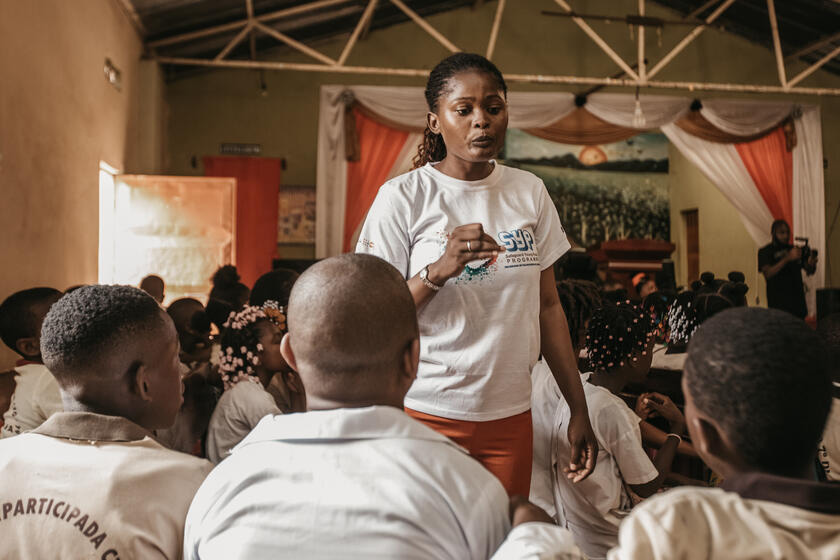Find out more in
Population
Global Issues:
World Population Day 2025 (11 July) focuses on empowering the largest youth generation in history to create the families they want in a fair and hopeful world. Although global fertility rates are declining, the real crisis lies in the lack of reproductive agency: too many people are unable to realize their fertility goals because of economic uncertainty, gender inequality and limited healthcare. Access to sexual and reproductive health and rights is vital for a sustainable future. Let’s build a world where everyone dreaming of parenthood is given the hope and support to bring that dream to life!
Nearly 50 mothers and their children are killed every day in Gaza, and aid has drastically decreased, raising fears of famine. Parents tell the United Nations Population Fund (UNFPA) of their urgent need to give birth safely, find food, and keep their children warm amid ongoing violence. Jawaher went into labor while fleeing violence in Gaza City, enduring two days before reaching a hospital to give birth safely. With 80% of Gaza facing evacuation orders and 130 births expected daily, her situation is increasingly common. UN efforts to deliver aid have been severely hindered. Despite UNFPA's commitment to women and girls, essential aid is at its lowest level in 11 months, leaving many Palestinians without basic necessities.
At the Burj Alluqluq Community Centre in East Jerusalem, young people interact with Q-Robot, which looks like a toy but teaches students about digital safety and addresses topics such as bullying and social media. The facility develops creative apps for digital literacy and well-being. The centre offers recreational and vocational activities to Palestinian youth in the West Bank, supported by the United Nations Population Fund (UNFPA). Similar initiatives are also supported in Jordan, Yemen, Syria, Egypt, and Tunisia.
Every member of the human family, now 8 billion strong around the globe, has the right to be counted. Yet for millions – the world’s most vulnerable among them – this right continues to go unrealized. Why? The reasons range from financial constraints to the marginalization of harder-to-reach communities. But no one is unreachable. To mark World Population Day, here are four reasons why it’s more important than ever that data-collection processes are inclusive and that people are counted – in all their diversity.
Over the past three decades, societies have significantly improved population data gathering, leading to better health care and the empowerment of sexual and reproductive rights. However, marginalized communities remain underrepresented, affecting their well-being. As we mark World Population Day - July 11, we ask who remains uncounted and why. Investing in robust data collection is crucial for identifying issues, crafting targeted solutions, and fostering equitable development. Let's commit to refining our data systems to fully embrace human diversity, empowering everyone to realize their rights and aspirations.
World Elder Abuse Awareness Day (15 June) is the annual event dedicated to opposing elder abuse and recognizing the dignity and rights of older individuals. This year's theme, "Spotlight on Older Persons in Emergencies," underscores the urgent need to protect older individuals during crises. It calls for prioritizing their safety in emergency plans, developing inclusive policies, and providing education for responders and caregivers. By highlighting these issues, we can create a more protective environment for older persons and ensure that no one is left behind during emergencies.
Organized by the United Nations Department of Global Communications (DGC), the 2024 UN Civil Society Conference (9-10 May) in Nairobi is pivotal in the journey towards shaping a collaborative future. With a focus on inclusivity and innovation, it provides a platform for civil society to contribute to the Pact for the Future negotiations, promoting networked multilateralism and SDG17 alignment. Amidst the critical preparations for the Summit of the Future, the conference aims to amplify diverse voices and initiatives, ultimately contributing to an inclusive vision for the future.
They make up 49.7% of the global population, yet women and girls are often ignored in discussions on demographics, with their rights violated in population policies. This pervasive injustice keeps women and girls out of school, the workforce and leadership positions; limits their agency and ability to make decisions about their health and sexual and reproductive lives; and heightens their vulnerability to violence, harmful practices and preventable maternal death, with a woman dying every two minutes due to pregnancy or childbirth.
This year’s World Population Day focused on unleashing the power of gender equality. Women and girls make up 49.7% of the global population, yet they are often ignored in discussions on demographics, with their rights violated in population policies. We must advance gender equality to create a more just, resilient and sustainable world. When women and girls are empowered by societies to exert autonomy over their lives and bodies, they and their families thrive. UNFPA highlights the need to advance gender equality to help realize the dreams of all 8 billion of us on our planet.
Despite comprising 49.7% of the global population, women and girls are frequently overlooked when discussing demographics, resulting in their rights being violated within population policies. We must advance gender equality to create a more just, resilient and sustainable world. When women and girls are empowered by societies to exert autonomy over their lives and bodies, they and their families thrive. On this World Population Day (11 July), let’s highlight the need to advance gender equality and uplift the voices of women and girls to unlock our world’s infinite possibilities!
When Tropical Cyclone Freddy slammed into Madagascar, Mozambique and Malawi, 32,000 pregnant women were due to give birth within weeks. The destruction of homes, health facilities and travel routes during the cyclone made childbirth much more perilous. Around 5,000 of the women could expect to experience complications in their final months of pregnancy or during childbirth, which, without access to skilled care, could prove fatal. A climate crisis is an obstetric emergency. After a two-hour journey on an ambulance recently repaired by UNFPA, Mercy, 37, gave birth to healthy twin boys.
Silvia Francisco joined the UNFPA programme, aimed at empowering younger generations across Angola to take charge of their sexual and reproductive health – to help an HIV+ relative.
UNFPA helps us discover the real-life stories of three Ukrainian mothers who each gave birth amidst the chaos of the war in Ukraine. Anna and her 2-month-old baby trapped beneath the Azovstal Steel Plant. Maryana, a frontline medic captured by Russian soldiers in Mariupol while pregnant. Ania who gave birth in an occupied city without electricity or water and with limited medical care.
Instead of celebrating the world’s population landmark of 8 billion people, media reports have been overwhelmingly fearful. UNFPA’s latest population report asks what is fact and what is fiction.

